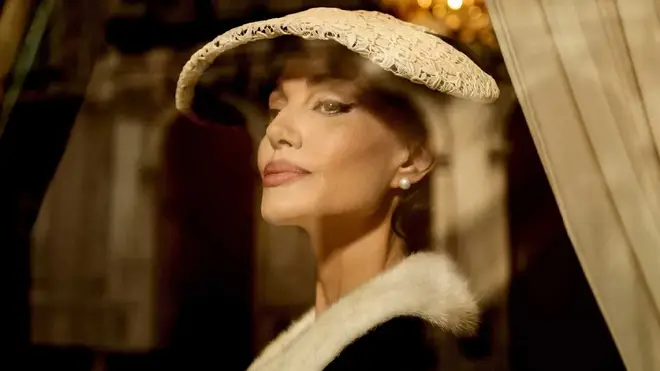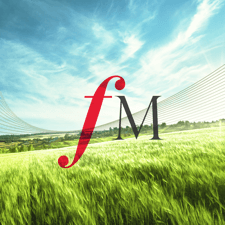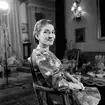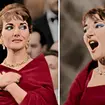Does Angelina Jolie sing in the Maria Callas biopic? Actress reveals her operatic training
30 August 2024, 14:02 | Updated: 12 December 2024, 09:38

Jolie trained for “almost seven months” to give a convincing performance as opera diva Maria Callas.
Listen to this article
At a press conference at the Venice Film Festival, where Pablo Larraín’s new biopic Maria premiered on 29 August, Angelina Jolie gave an insight into the training she went through to become Maria Callas – one of the greatest opera stars of all time.
“Everybody here knows, I was terribly nervous,” Jolie revealed. “I spent almost seven months training because when you work with Pablo you can’t do anything by half. He demands, in the most wonderful way, that you really do the work and you really learn and train.”
The American actress added that she “had not sung in public” before her live performance at Milan’s La Scala, a scene that will feature in the film.
“My first time singing I remember being so nervous,” she said. “My sons were there and they helped lock the door so that nobody else was coming in, and I was shaky.”
Larraín helped Jolie by starting out with a small, trusted crew, and building up to the Italian opera house. “We started more intimately at first with very few crew members, and we ended at La Scala with everyone,” she said.
But will we hear Angelina Jolie’s voice in the film Maria? Here’s what we know so far.
Read more: Who was Maria Callas, and what made her the world’s greatest opera diva?

Angelina Jolie stars as Maria Callas in MARIA promo clip
Does Angelina Jolie really sing in ‘Maria’ biopic?
Angelina Jolie trained for almost seven months to give a convincing impression of being one of the 20th century’s greatest opera stars.
Director Pablo Larraín explained to Associated Press: “We can all sing pop music, right? I could get into a car and sing a song from David Bowie and do it reasonably well.
But, he added, “Opera requires a very particular style of singing, the pitch, the colour, the breathing, the posture.”
Jolie will have gone through vocal training, but also training to look like she could reasonably be singing opera.
In the biopic, we will hear some of Jolie’s voice, mixed with Maria Callas recordings. 95 percent of the singing is taken from the soprano’s original recordings, but when we hear her at the end of her life, Larraín explained, it is mostly Jolie’s own voice we are listening to.
Larraín revealed: “We recorded Angie’s voice and we mixed it with Maria – different levels, sometimes it’s a tiny bit of Angie and mostly Maria. Sometimes it’s more. But it’s always there.”
Read more: ‘He should pursue conducting’ – the maestro who taught Bradley Cooper to conduct like Bernstein

One of Jolie’s biggest concerns in taking on the film was honouring Callas’ legacy and doing right by her fans.
“My fear would be to disappoint them,” she said. “If there’s a response to the work, I’m very grateful, but … I really came to care for her, so I didn’t want to do a disservice to this woman.”
Callas is often referred to as the greatest opera ‘diva’, a loaded word that carries some negative connotations.
Asked about her relationship to the term, Jolie responded: “I think I’ve relearned that word through Maria and ‘Casta Diva’.
“It is often other people’s perception of a woman that defines sometimes too much who she is, or what she was, or what she intended.”
Larraín added: “I don’t know about any diva that isn’t great at what she does.
“Maria Callas would go to a rehearsal and if any of the other singers would miss one word, she would leave. And then she became among other things, a diva. She was just tough with the work, and that’s called discipline. And in opera, and like in cinema, if you don’t have discipline, you’re out.”






















